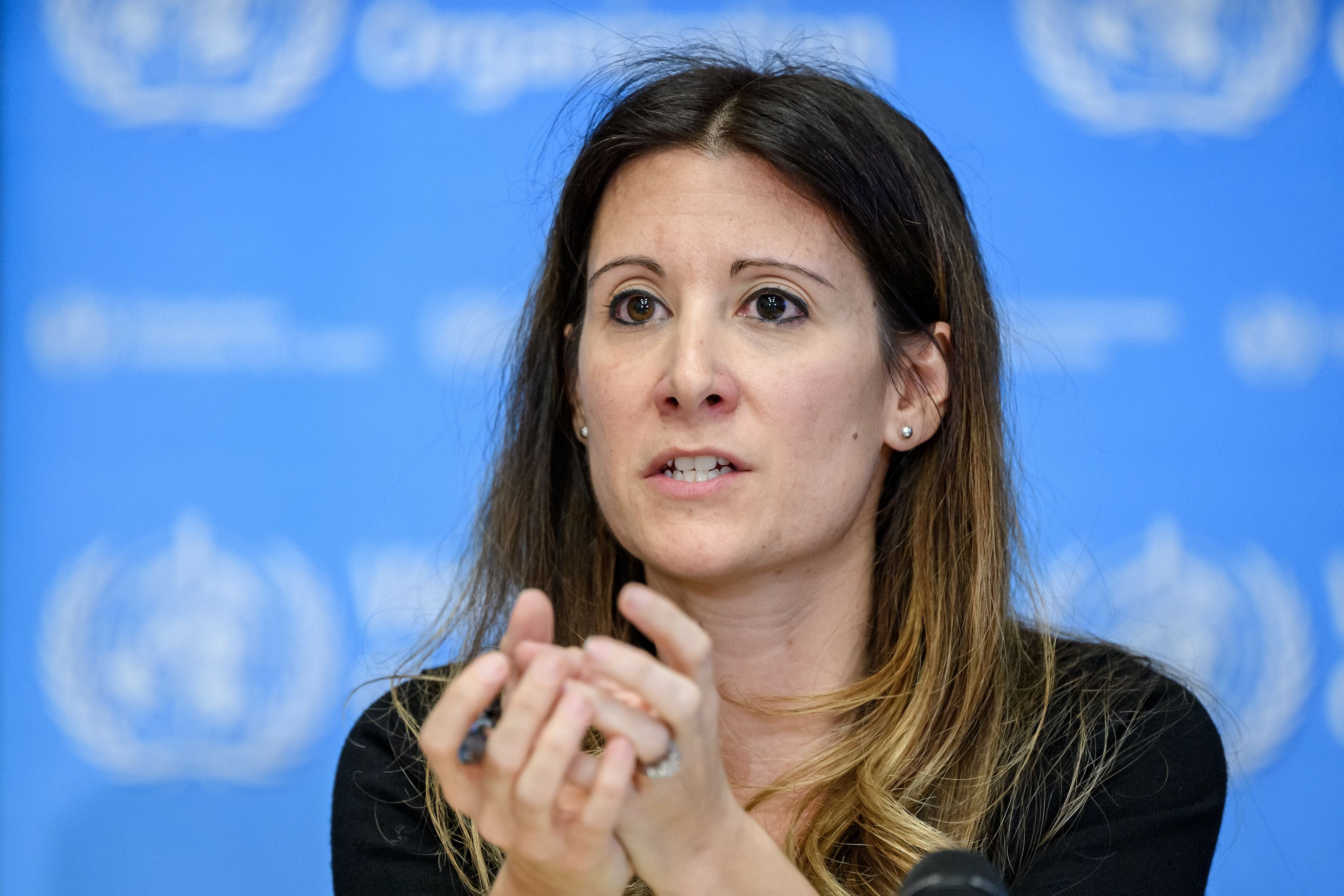WHO declares India’s ‘double mutant’ Covid a ‘variant of global concern’
The B.1.617 variant is the fourth variant to be classified by WHO as being of global concern

A Covid-19 variant first identified in India last year has been classified by the World Health Organisation as a “variant of global concern” with some preliminary studies showing its increased transmissibility and resistance to vaccines.
The B.1.617 variant — first found in India — is the fourth to be classified by WHO as being of global concern. The other variants included those identified in Britain, South Africa, and Brazil.
Dr Maria Van Kerkhove, WHO technical lead on Covid-19, said on Monday: “We are classifying this as a variant of concern at a global level. There is some available information to suggest increased transmissibility.”
“We need much more information about this virus variant in this lineage, so we need more targeted sequencing to be done, and to be shared in India and elsewhere so that we know how much of this virus is circulating,” she added.
Emphasising that there is a need for more information on the studies that are underway, Dr Van Kerkhove said that “so far, from information that we have, the public health and social measures work, but we need to work that much harder to control any virus variants that have demonstrated increased transmissibility.”
WHO’s chief scientist Soumya Swaminathan had also Sunday said that the Covid-19 variant spreading in India was “more contagious” and was responsible for India’s dangerous second Covid catastrophic wave.
In an interview with AFP, she had warned that “the epidemiological features that we see in India today do indicate that it’s an extremely rapidly spreading variant.” The B.1.617 variant of Covid-19, as per WHO was identified in December 2020, although an earlier version was found in October 2020.
“There have been many accelerators that are fed into this,” Swaminathan, 62, said in the interview and stressed that a “more rapidly spreading virus is one of them.”
Dr Van Kerkhove, in the briefing on Monday, also said: “We need to make sure that we take all of the measures at hand to prevent ourselves from getting sick.”
“It’s the individual-level measures, all of the measures that are at hand and ensuring that governments provide a supportive and an enabling environment so that we can carry out measures that can keep us safe,” she added.
In India, the number of dead has crossed 2 million and the number of active cases of Covid-19 across the country has gone up to 37,45,237, accounting for 16.53 per cent of its total caseload, while the national Covid-19 recovery rate was recorded at 82.39 per cent.
There are also the latest confirmed reports that the Covid-19 B.1.617 variant is now in the Philippines as well. WHO has already said that the variant has already spread to other countries, and in fact, many nations have cut or restricted travel from and to India.
WHO’s director-general Tedros Adhanom Ghebreyesus said that the WHO Foundation was launching a “Together for India” appeal to raise funds to purchase oxygen, medicines and protective equipment for health workers.
Join our commenting forum
Join thought-provoking conversations, follow other Independent readers and see their replies
Comments
Bookmark popover
Removed from bookmarks